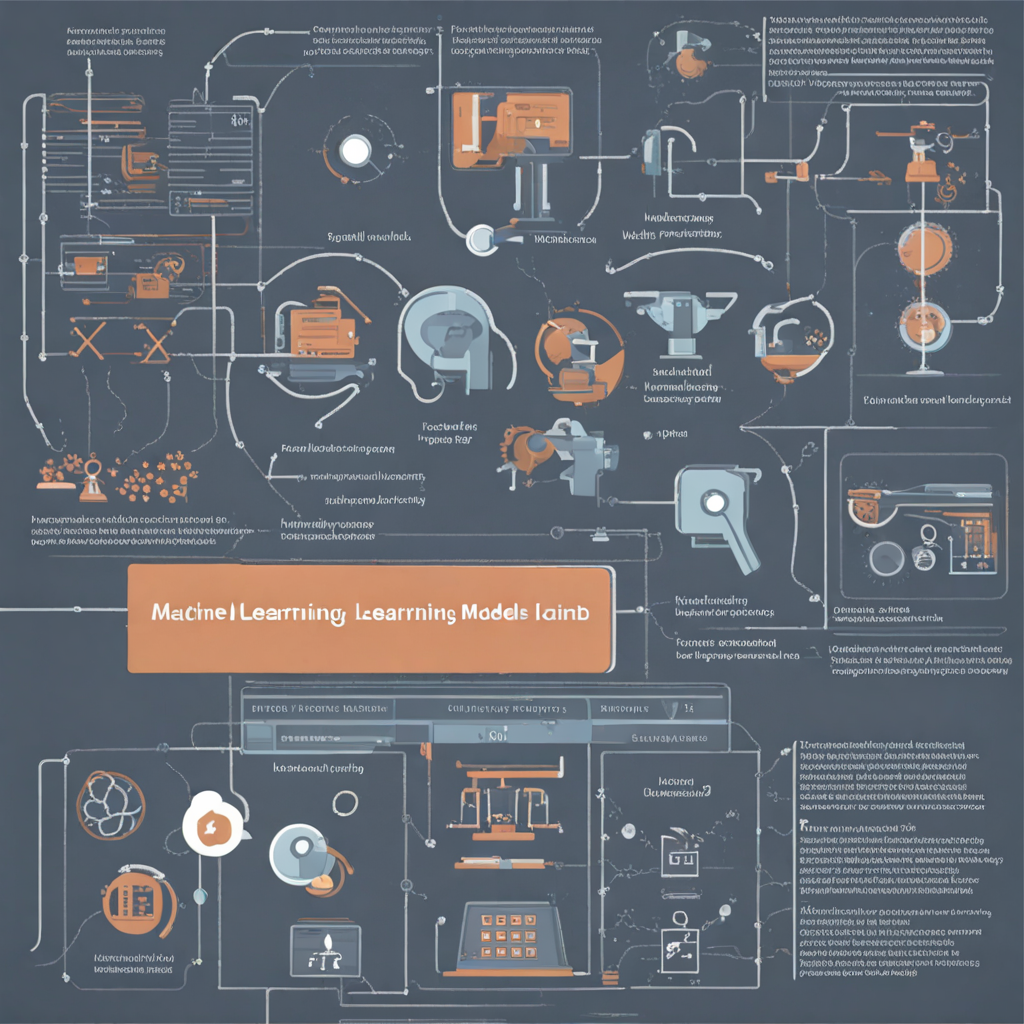Many workers worry that their employment might be eliminated as rapid advancements in AI change the workplace.
Sam Altman, the CEO of ChatGPT, however, advises against doing so just yet. Important point: These systems perform tasks considerably better than humans, he said in a post on X on Friday.
In a post on X earlier this week, Flexport CEO Ryan Petersen said that some teams at the logistics company were already noticing how AI may speed up activities.
A process that used to take operators 30 minutes may now be completed with a single prompt in 20 seconds because to our new GPT-4-based copilot, according to Petersen.
A logistics firm called Flexport serves as a go-between for companies with items to send and carriers who transport those goods internationally. To assist businesses in automating the transportation of their products, the company also unveiled a new supply chain platform powered by AI earlier this month.
Many related goods forwarding jobs will be amenable to similar AI-based automation. In the coming months, Petersen stated, they intend to take them down one by one.
It’s unclear exactly how the “huge number” of possibly automated work Petersen is talking to would affect actual positions at the company because Flexport did not immediately reply to request for a comment (issued outside of regular business hours). Just days before the new hires were set to start, Petersen, who just took over as Flexport’s sole CEO, controversially revoked dozens of offer letters.
The labour cost of managing goods accounts for around 10% of the price of international transportation, according to Petersen’s post. AI would reduce the cost of practically everything you purchase, he claimed.
Altman cited Petersen’s piece to reaffirm what he believes to be AI’s current capabilities in accelerating human productivity and bringing about “qualitative changes” in output. In the long run, Altman said, AI systems will be able to carry out “today’s jobs,” and he wasn’t “trying to hide the ball” about that. He wrote, “Confident we will find new and much better jobs when that happens!”
Data on AI’s effects on the workforce also corroborates Altman’s assertion. According to a McKinsey analysis from July, while 12 million people would switch careers by 2030, generative AI is also projected to strengthen roles for professionals in the STEM, creative, business, and legal fields rather than eliminating a significant number of jobs outright.
According to a March analysis from Goldman Sachs, while the influence of AI on the labour market is anticipated to be enormous, many jobs and even industries are only “partially exposed to automation and are thus more likely to be complemented rather than substituted by AI.” According to Goldman’s analysis, AI will likely replace only 7% of existing US employment (primarily in legal and administrative professions), while it will complement 63% of jobs and have no influence on 30%.













